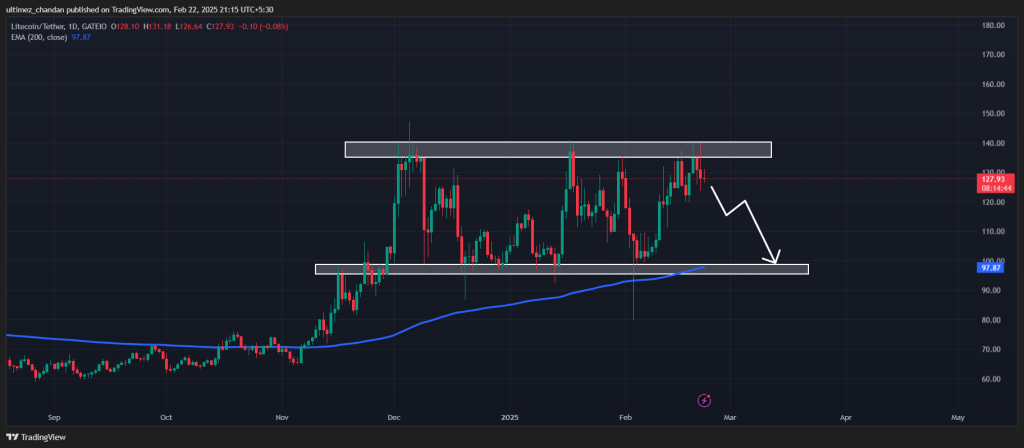Bybit CEO Speaks Out Against Pi Network: A Closer Look
In a recent development, Ben Zhou, the CEO of the popular cryptocurrency exchange Bybit, has publicly denounced Pi Network ($PI) as a scam. This statement comes amidst a controversy that arose when a Pi Network page claimed that Bybit was losing its influence in the crypto market due to the exchange’s supposed refusal to list Pi Network.
The Alleged Refusal to List Pi Network
According to reports, the Pi Network team had approached Bybit for a potential listing. However, the exchange declined, citing concerns over the project’s legitimacy. In response, the Pi Network community created a page accusing Bybit of being biased and losing relevance in the market.
CEO Ben Zhou’s Response
Ben Zhou, the CEO of Bybit, didn’t mince words when addressing the issue in a tweet. He stated, “We at Bybit have a strict listing policy and only list projects that meet our high standards. Pi Network is not one of them. It is a scam and we will never list a fraudulent project.”
Pi Network: A Closer Look
Pi Network is a decentralized digital currency project that claims to use a unique consensus algorithm, Proof of Stake and Proof of Contribution. The project’s whitepaper also mentions the use of a mobile application for mining the cryptocurrency, which can be done by users by simply installing the app and keeping their phones online.
However, there have been several red flags raised about Pi Network. Critics argue that the project’s model bears similarities to a pyramid scheme, as users are incentivized to recruit others to join the network in order to earn more tokens. Additionally, there are concerns over the lack of transparency surrounding the project’s team and the technology behind it.
Impact on Bybit and the Crypto Market
The controversy surrounding Pi Network and Bybit’s decision not to list it has sparked a heated debate within the crypto community. Some users have praised Bybit for standing firm against potential scams, while others have accused the exchange of being elitist and exclusionary.
As for the impact on the crypto market, it is too early to tell. Some analysts believe that Bybit’s stance against Pi Network could set a precedent for other exchanges, leading to increased scrutiny of new projects. Others argue that the controversy is a reminder of the importance of due diligence when investing in cryptocurrencies.
Impact on Individual Investors
For individual investors, the controversy serves as a reminder to exercise caution when investing in new projects. It is important to conduct thorough research and due diligence before making any investment decisions. Additionally, it is crucial to remember that there are no guarantees in the crypto market, and investors should be prepared for potential losses.
Conclusion
The controversy surrounding Pi Network and Bybit’s decision not to list it highlights the importance of transparency and due diligence in the crypto market. While some may view Bybit’s stance as a bold move against potential scams, others may see it as exclusionary. Regardless of the perspective, it is a reminder for investors to be vigilant and cautious when investing in new projects. As the crypto market continues to evolve, it is important for investors to stay informed and make informed decisions.
- Bybit CEO Ben Zhou publicly denounces Pi Network as a scam.
- Pi Network team had approached Bybit for a potential listing, which was declined.
- Pi Network’s model bears similarities to a pyramid scheme.
- Bybit’s stance against Pi Network sets a precedent for other exchanges.
- Individual investors are reminded to exercise caution and conduct thorough research before investing in new projects.





